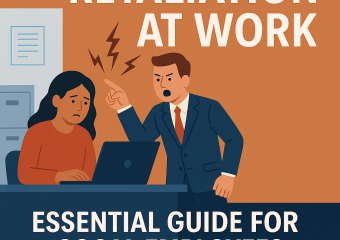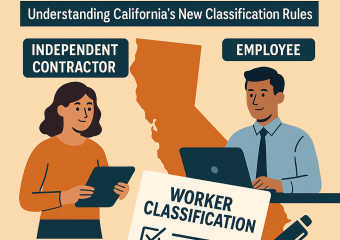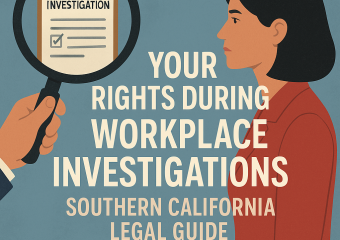Business Disputes in California: Legal Strategies That Work
Understanding Business Disputes in California
Business disputes in California are an inevitable part of managing and running a commercial enterprise. Whether it pertains to breach of contract, partnership disagreements, intellectual property issues, or employment disputes, knowing the best legal strategies to address and resolve these conflicts can save a business considerable time, resources, and stress.
The business landscape in California is unique due to its vast economy—an economic powerhouse renowned globally. This environment fosters not only innovation and growth but also heightened competition, which can often lead to legal disputes among enterprises and individuals.
The Role of Contractual Clarity
One of the major sources of business disputes revolves around the misunderstandings or misinterpretations of contractual terms. The best preventive legal strategy starts with ensuring absolute clarity and mutual understanding in all business contracts. It’s imperative that businesses involve legal experts who can draft, review, and validate contracts to ensure they are binding, clear, and enforceable under California law.
Including specific clauses on dispute resolution procedures can also streamline the process of conflict resolution should disputes arise. Detailed terms around mediation, arbitration, or litigation in contracts can pre-define the path to be taken, reducing ambiguity and protecting all involved parties’ interests.
Employing Mediation and Arbitration
When disputes arise, California businesses have several legal remedies at their disposal, but two of the most effective strategies are mediation and arbitration. These alternative dispute resolution (ADR) methods offer less adversarial approaches to tackling disagreements, which can preserve business relationships and offer less costly resolutions compared to court battles.
Mediation involves a neutral third party who facilitates negotiation between the disputing parties to help reach a voluntary agreement. Arbitration, on the other hand, involves one or more arbitrators who hear both sides of the argument and make a decision that can be binding or non-binding, depending on the terms set forth in the initial contract.
The benefits of using ADR can be immense—ranging from saving time and money to achieving more flexible, practical solutions tailored to the specific needs of the disputes, without a lengthy court procedure.
Litigation as a Last Resort
In scenarios where mediation and arbitration do not resolve the issue, litigation can be the necessary step. Litigation should be considered a last resort due to the costs, time commitment, and potential public exposure involved. However, in matters where significant assets or the business’s reputation are at risk, litigation might be the most effective tool for achieving a resolution.
It is crucial for businesses to work with attorneys who specialize in commercial litigation within California. These professionals are well-acquainted with the local laws and regulations and can offer strategic advice specifically tailored to navigate through the state’s legal system.
Proactive Legal Risk Management
Another key strategy in managing business disputes involves ongoing legal risk management. By having proactive measures in place, such as regular audits of contracts, employment practices, and corporate governance policies, businesses can identify potential issues before they escalate into disputes.
Educating employees and management on legal and compliance matters can also play a critical role in preventing disputes and ensuring the organization operates smoothly. This proactive approach not only prevents many disputes but also positions the company to handle unavoidable conflicts more effectively.
Conclusion
Facing business disputes in California requires a comprehensive understanding of the potential legal strategies to manage and resolve conflicts. Prioritizing prevention through clear contracts and proactive risk management, utilizing ADR methods when possible, and knowing when to proceed to litigation are all vital components of managing disputes effectively. With the right strategies and professional guidance, businesses can navigate through disputes with minimal negative impact on their operations and reputation, allowing them to focus on growth and success in California’s competitive market.




